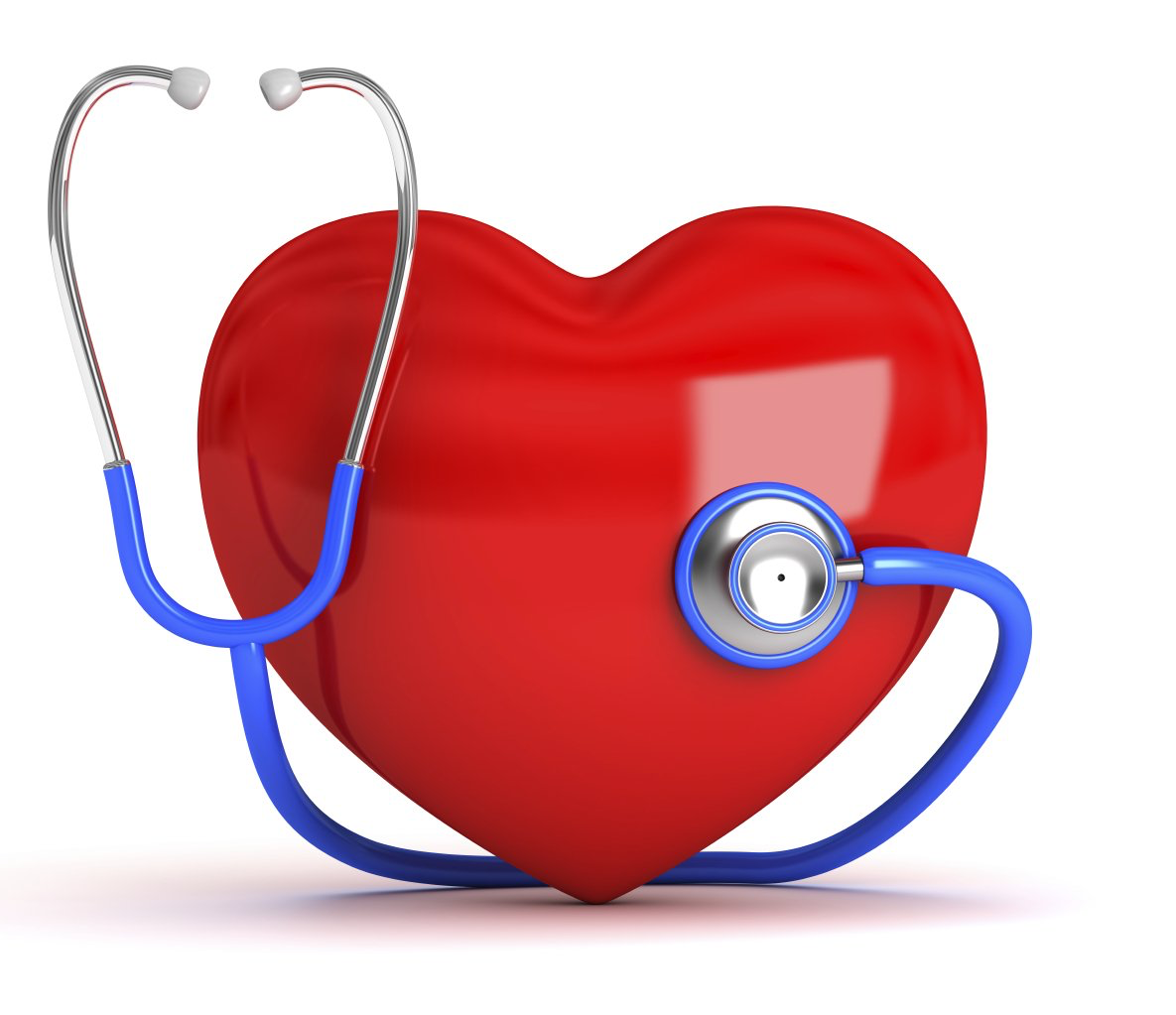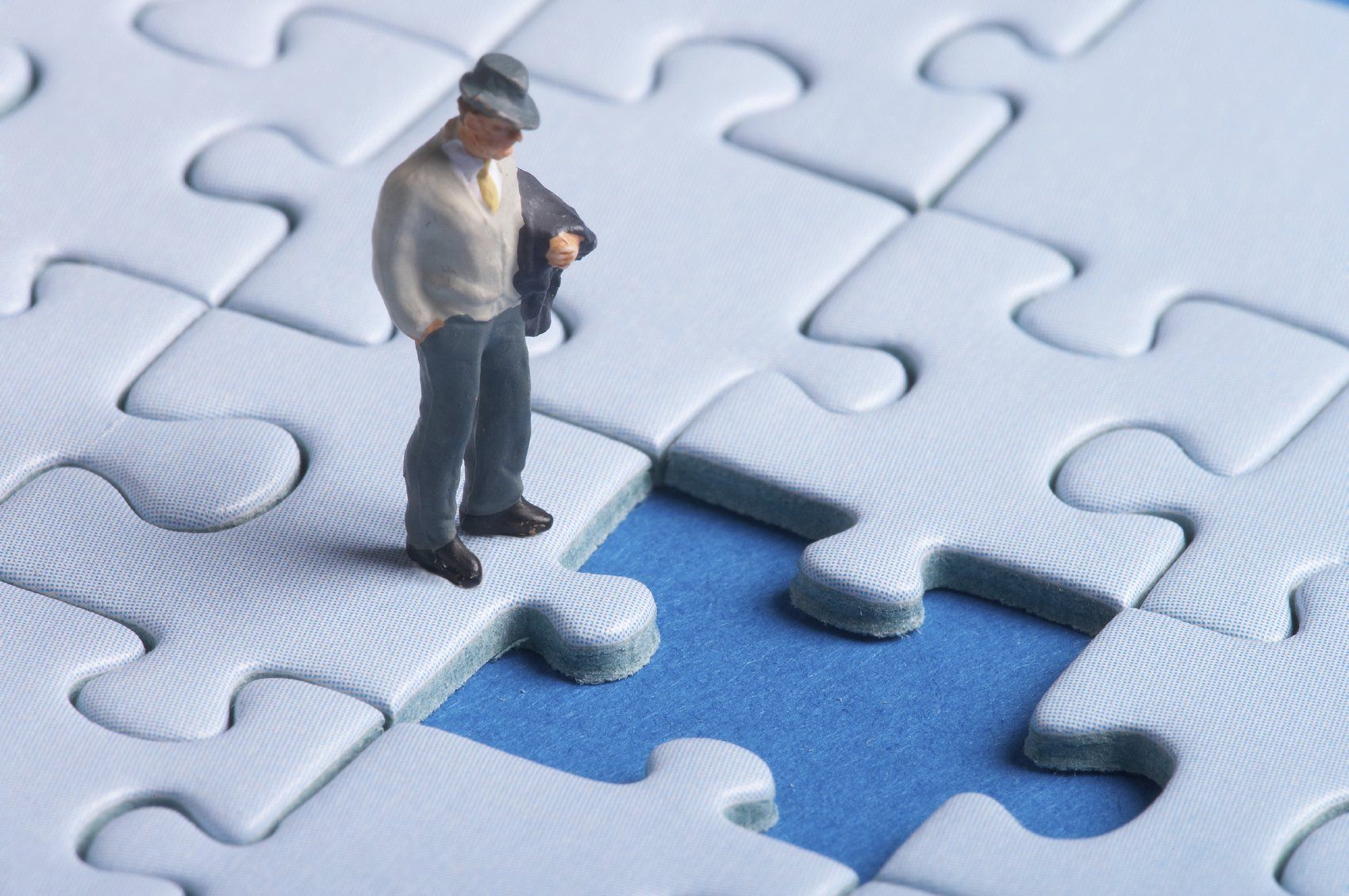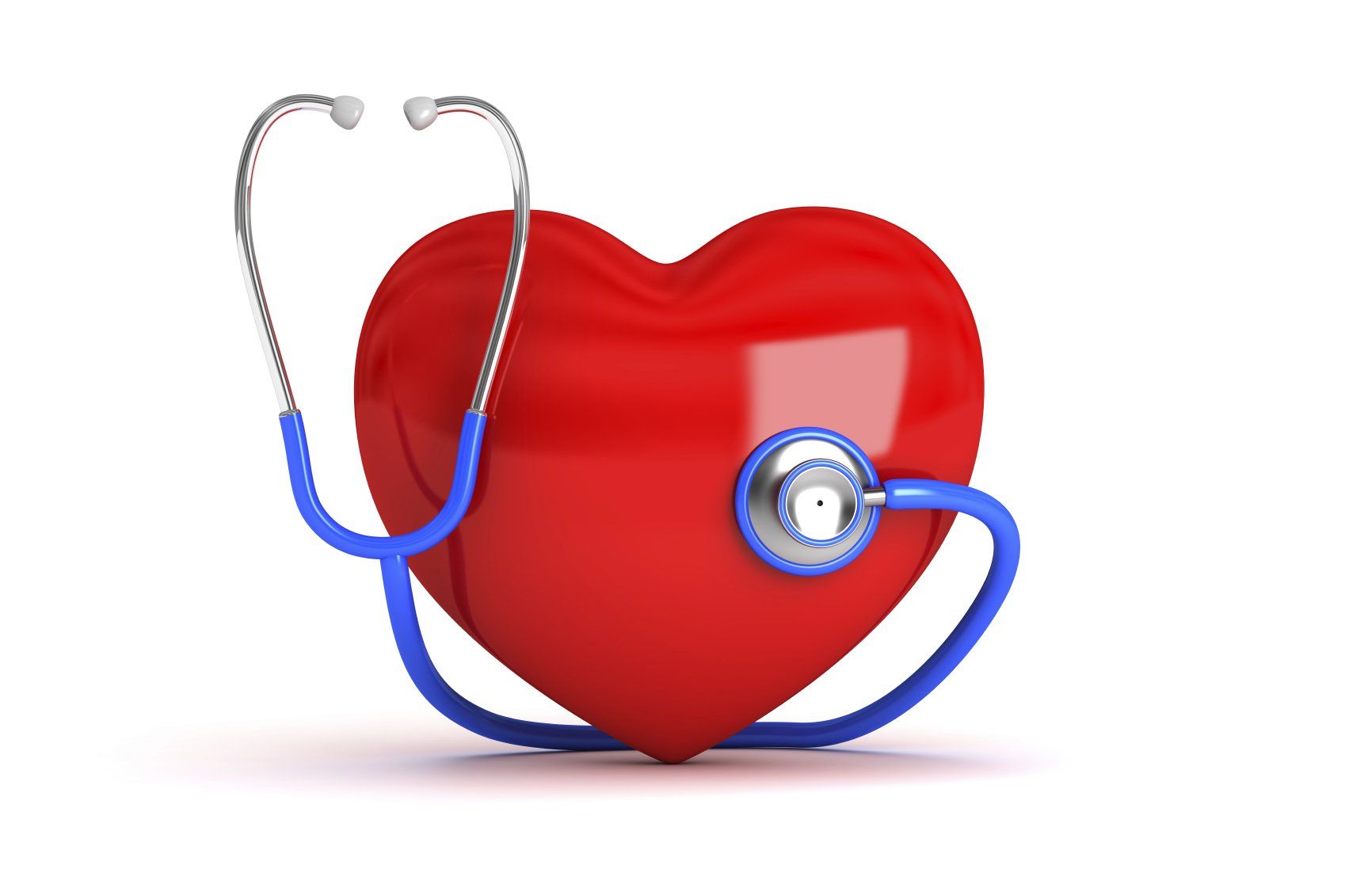New Paragraph
Resources for those struggling with Substance Use
Understanding and navigating the myriad of government and community internet resources can be daunting. Because of this, we have carefully compiled and curated the following online resources to help you explore and learn about substance use disorders, their co-morbidities, treatment, professional organizations, government resources, and how to get help.
Emergency Help
Remember, always call 911 first if there is any immediate threat to life
Mental Health Concerns
National Suicide Prevention Lifeline is now 988 Suicide & Crisis Lifeline, a national network of local crisis centers that provides free and confidential emotional support to people in suicidal crisis or emotional distress 24 hours a day, 7 days a week by calling 988. They are committed to improving crisis services and advancing suicide prevention by empowering individuals, advancing professional best practices, and building awareness.
Other resources may depend on your specific needs, location or available means for reaching out
- If you are located in Los Angeles County you can access help through the Department of Mental Health (DMH)
- To reach the Los Angeles County Crisis Line or Help Line for Mental Health and Substance Use Services, call 1-800-854-7771
- Call or text Samaritans at 877-870-4673 (HOPE). They are available 24/7 to help anyone who is feeling isolated, desperate, suicidal, or concerned about someone else.
- The Trevor Project provides a 24/7 support line for LGBTQ youth by calling 1-866-488-7386
- Trans Lifeline is a trans-led organization that supports and connects trans people to the community. Their crise hotline is 877-565-8860
- Text HOME to 741741 from anywhere in the USA to text with a trained Crisis Counselor at Crisis Text Line
- Speaking of Suicide is a website maintained by Stacey Freedenthal, PhD, LCSW for "suicidal individuals and their loved ones, survivors, mental health professionals, & others who care" that provides a lot of helpful information.
Transportation
If you are struggling with transportation to and from your healthcare provider or any type of essential service, you may qualify for assistance through Lyft's LYFTUP program.
COVID-19
This continues to be a difficult time as COVID-19 continues to mutate and re infect many people.
It is important to be able to access trustworthy, accurate information in order to stay educated and ready.
Please follow the recommended guidelines from your local, state and federal public health institutions:
- County of Los Angeles Public Health is tracking levels of COVID-19 infections. You can access all the latest updates and advisories for LA County here.
- State of California is maintaining its latest updates and advisories here
- For National guidelines through the CDC, click here.
Other reputable sites to help you stay up-to-date:
Online and Telephone Support Groups:
Treatment providers and peer support specialists looking for online and telephone support groups for their patients/peers should review this list maintained by ATTC. Both 12 Step and non-12 Step-based online support groups are identified. This is not an exhaustive list but the links are active. After an initial review, NONE of these sites are associated with specific treatment/recovery centers and do not require individuals to register first to access online group support services.
Mutual or Self Help Organizations
These are established organizations that share a common goal of community recovery support. Typically these are not-for-profit entities that require no or minimal monetary contribution.
Scientific research supports that having a strong community support system will improve one's chances of recovery
Even though most of these organizations are effective, accessible, and open to anyone seeking recovery support, they are not licensed, certified or otherwise regulated or monitored by any government or accreditation agency for treatment effectiveness.
Caution should be used if anyone within these programs that is not a licensed healthcare professional is offering medical or treatment advice. Medication and treatment advice should always be deferred to someone with a valid license in their area of expertise.
Here are some of the better known organizations in this category:
- Alcoholics Anonymous (AA) is an international fellowship of men and women who have had a drinking problem. It is nonprofessional, self-supporting, multiracial, apolitical, and available almost everywhere. There are no age or education requirements. Membership is open to anyone who wants to do something about his or her drinking problem.
- Narcotic Anonymous (NA) is a nonprofit fellowship or society of men and women for whom drugs had become a major problem. Participants are recovering addicts who meet regularly to help each other stay clean.
- Refuge Recovery is a non-profit organization grounded in the belief that Buddhist principles and practices create a strong foundation for a path to freedom from addiction.
- Smart Recovery is an abstinence-oriented, not-for-profit organization for individuals with addictive problems. Self-empowering, free mutual support meetings focus on ideas and techniques to help you change your life from one that is self-destructive and unhappy to one that is constructive and satisfying.
- In The Rooms has grown into a global online community with over 500,000 members who share their strength and experience with one another daily. Through live meetings, discussion groups, and all the other tools In the Rooms has to offer, people from around the world connect with one another and help each other along their recovery journeys.
- MARA International (Medication-Assisted Treatment Anonymous) is a support group of people who believe in the value of medication as a means to recovery.
Other organizations that may be worth looking into are:
- Cocaine Anonymous
- LifeRing
- Celebrate Recovery
- Women for Sobriety
- Harm Reduction
- Empowered Recovery
- Rational Recovery
Online forums may be helpfull for some:
Keep in mind that these are generally unmonitored, so language and attitudes can at times seem offensive to some as contibutors share their experiences. Sometimes the posted advice from various contributors is also questionable.
Getting Educated
There are many helpful, reputable websites that provide up to date information regarding different types of substance abuse.
Alcohol
Alcohol Research: Current Reviews (ARCR) is a peer-reviewed journal published by the National Institute on Alcohol Abuse and Alcoholism (NIAAA).
Each issue of ARCR includes a series of invited review articles focused on an important area of alcohol research. Topics are proposed by members of the Editorial Advisory Board or NIAAA staff and cover a wide range of disciplines.
Professional Organizations
Government Organizations
Government organizations consist of various agencies generally organized under the Administrative branches of government at the federal, state and local levels.
These agencies conduct research, gather data, formulate policy as well as provide education to the general public
- U.S. Department of Justice Drug Enforcement Administration, or DEA for short, is responsible for monitoring all types of controlled substances in the U.S. Here is the link to their 2022 Drugs of Abuse Resource Guide
- California Department of Public Health Substance and Addiction Prevention Branch
Non Profit Organizations
There are numerous organizations that are dedicated to providing free education and support to those and their loved ones that are struggling with mental health and/or addictions. Some of these organizations are helping drive policy change to make needed resources more readily available.
- Mental Health America is a community-based nonprofit dedicated to addressing the needs of those living with mental illness and to promoting the overall mental health of all Americans. They offer many online screening tools as well as information to help in understsanding as well as combating mental illness.
- The Drug Policy Alliance envisions a just society in which the use and regulation of drugs are grounded in science, compassion, health and human rights, in which people are no longer punished for what they put into their own bodies but only for crimes committed against others, and in which the fears, prejudices and punitive prohibitions of today are no more


